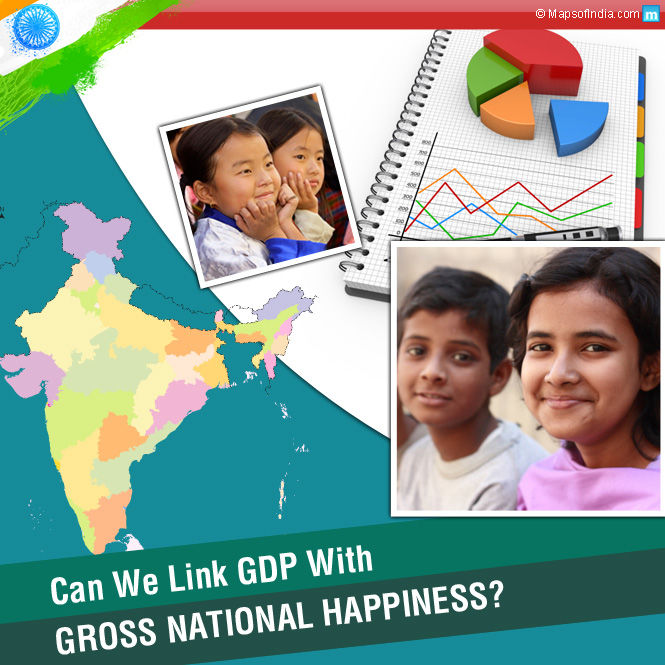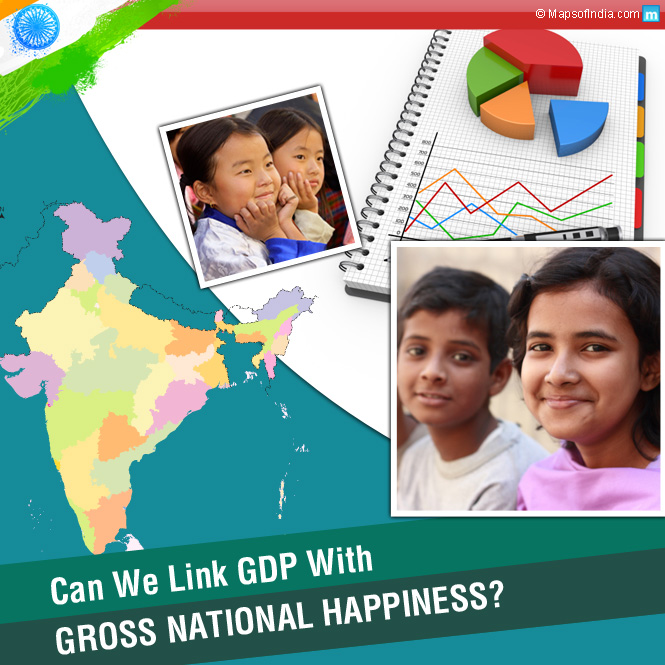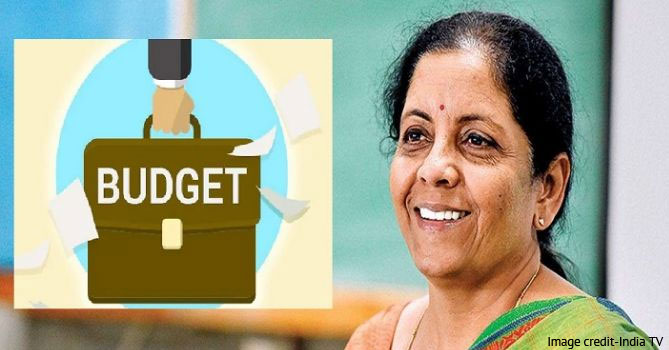India ranks 111 in the global happiness ranking list for the year 2013 as per the United Nations General Assembly’s second annual World Happiness Report. What is strange is that India ranks much after Pakistan (81 rank) and Bangladesh (108 rank). So for all those who feel that you are happy living in India, this news will definitely make you feel unhappy.
The World Happiness Report is a measure of happiness taken on the basis of six important factors that are accountable for a country’s well-being as well as happiness of the people. These factors are (a) GDP per capita, (b) good health and healthy life expectancy, (c) someone in the family to count on, (d) freedom to make choices in life, (e) freedom from corruption, and lastly (g) generosity.
What is Gross National Happiness (GNH)
Not very far in the neighbourhood of India, Bhutan, a very small country, is the only country in the world which uses Gross National Happiness (GNH) as a measure of progress and not Gross Domestic Product (GDP). GNH is a unique and a very significant approach to national and global development, in which a country’s progress is not only dependent on the economic development but also on the non-economical factors of well-being. Coined by the fourth King of Bhutan, his Majesty, Jigme Singye, way back in 1970s, Bhutan still is going strong in its GNH measure and all policies and decisions related to the country’s progress are made not only by considering monetary or economic angle but also considering other areas of human life like social, spiritual, cultural, as well as health of the environment.
Initially, there were four main pillars behind the concept of GNH
- good governance of the state
- sustainable state’s social and economic development
- cultural preservation of the state
- state’s environmental conservation and protection.
With time, GNH has also included other domains for a more holistic approach such as psychological well-being, good health, proper education for all, right use of time, community’s strength, ecological diversity and resilience, and raising living standards. All these domains are related to the well-being of each of the Bhutanese people, paving the path for a better life as per the principles and values laid down by Gross National Happiness’s concept.
Gross Domestic Product (GDP) in India
In India, the measure of the progress of the country is gross domestic product (GDP), which is the total value in monetary terms of all the produced finished goods and services within the country calculated per annum, including private and public consumption, investments, and exports during that year. In India, the economic growth, the economic health and the country’s standard of living are known by its GDP. In terms of the GDP growth rate, the country is making its progress with development of agriculture, industries and services sectors. But from an overall point of view, the country is still deeply rooted with many social problems like as poverty, unemployment, illiteracy, child labour, population, lack of healthcare facilities and many more such problems.
Can we follow GNH policy in India?
Under these circumstances, can we really say that India is developing at a rapid pace going by its GDP growth? GDP of a country definitely gives idea about the growth of the economy. But the hard reality of facts still exists.
In the name of globalization, liberalization and economic reforms, our country has progressed and India is today one of the major G-20 economies of the world. But at the same time, India also needs to change its policy reforms to benefit the poorer and under-privileged sections of the country. A development system should be framed to attack poverty in the country.
In fact, India can follow the footsteps of Bhutan by implementing GNH along with GDP for the progress of the country in the true sense. GNH aims at improving the conditions of all people in the society, irrespective of caste, creed, sex, religion and economic background, which in turn can improve the entire economy. Peace and happiness are the two essences of GNH. Gross Happiness measures socio-economic development by emphasising Economic Wellness, Environmental Wellness, Physical Wellness, Mental Wellness, Workplace Wellness and Political Wellness.
So may be India can adopt this policy of Gross National Happiness, which can increase the number of people who are happy and at the same time decrease the inadequate and poor conditions of people to make them happy. Combining GDP with GNH will not be a bad idea at all, after all every Indian has a right to happiness!!!






